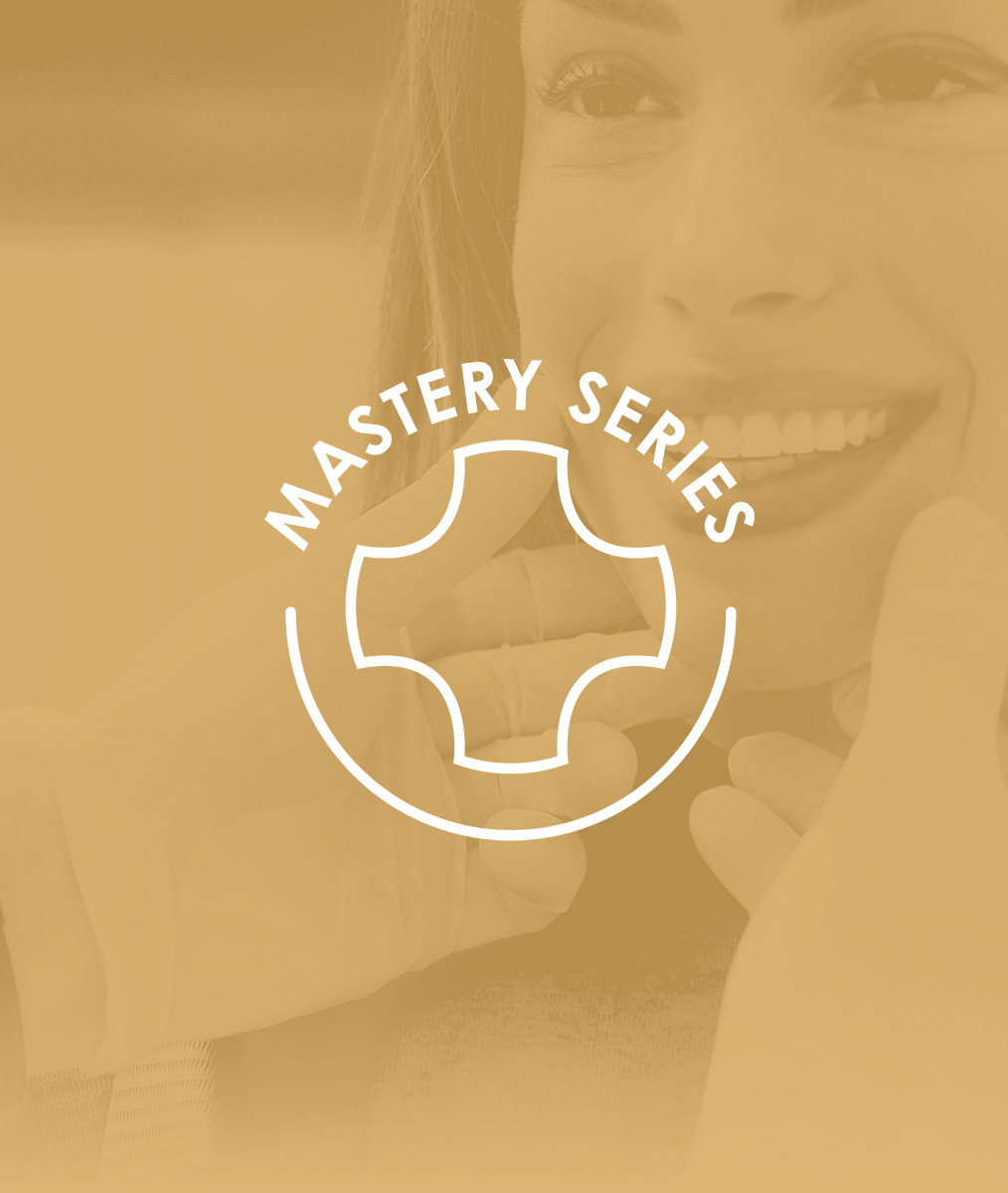Zeroing in on Well Being at Work (Part 2): Gallup’s Universal Elements of Well Being
Reading Gallup’s 2021 book Well Being at Work: How to Build Resilient and Thriving Teams by Jim Clifton and Jim Harter, has challenged me to think about:
How do we develop a dental practice in which all team members thrive?
The things that immediately come to my mind for improving front office and clinical team morale are respect, appreciation, having a voice, genuinely fair compensation, and workplace flexibility to manage true personal urgencies such as illness and maternity leave–without feeling you are letting down the team. To reduce stress and enable all team members to do their best work and experience connection with patients, dentists can improve block scheduling to focus on doing more procedures in a single appointment while seeing fewer patients in a day.
Perhaps, more things will come to your mind.
5 Elements of Net Thriving Teams
Through millions of interviews worldwide, Gallup has found there are five universal elements of well being. Gallup says they are the five things that count most and that we need to focus on to develop “net thriving teams.”
Career well being: You like what you do every day.
Every day, you and your team members have opportunity to do the type of work that you individually do best and have unpressured time to do your personal best. As dentists, we often talk about doing more of the dental procedures we love doing most. What does each of your employees do best and want the opportunity to do more?
Social well being: You have meaningful friendships in your life.
For dentists, a meaningful friend is apt to be a like-minded colleague or mentor. Your best friends might be a “mental Board of Directors” — the voices of influencers you trust running through your head. But do all your team members have a meaningful friendship at work? Collaborating around a central philosophy of care helps build meaningful relationships.
Financial well being: You manage your money well.
As dentists, we talk at The Pankey Institute about defining for ourselves what is enough money to lead a balanced work life and personal life. It is also appropriate to talk about what is enough to maintain a practice in which every team member can financially thrive. As small, private employers, what changes and team buy-in might be required to wisely stay on track?
Physical well being: You have energy to get things done.
Eat properly, get healthy sleep, and exercise daily. Foster a spirit of health within the practice. Live it. Celebrate it. This will become part of the team culture that enhances the well being of everyone.
Community well being: You like where you live.
Humans innately strive to be part of something bigger than themselves and to support the social environment in which they work. Our practices are communities that often feel like large families. We can create and foster a practice vision that includes “being a thriving, supportive, well being community.” We can “write that on the wall” in our team meetings and in how we interact with each other and the patients we serve.
Closing Thought
A culture of well being puts overall well being upper most.
I encourage you to think and journal a bit about the actions you can take to support the five universal elements of well being…the five universal elements of a thriving life.
Related Course
E2: Occlusal Appliances & Equilibration
DATE: February 9 2025 @ 8:00 am - February 13 2025 @ 2:30 pmLocation: The Pankey Institute
CE HOURS: 44
Dentist Tuition: $ 7400
Single Occupancy with Ensuite Private Bath (per night): $ 345
THIS COURSE IS SOLD OUT What if you had one tool that increased comprehensive case acceptance, managed patients with moderate to high functional risk, verified centric relation and treated signs…
Learn More>









